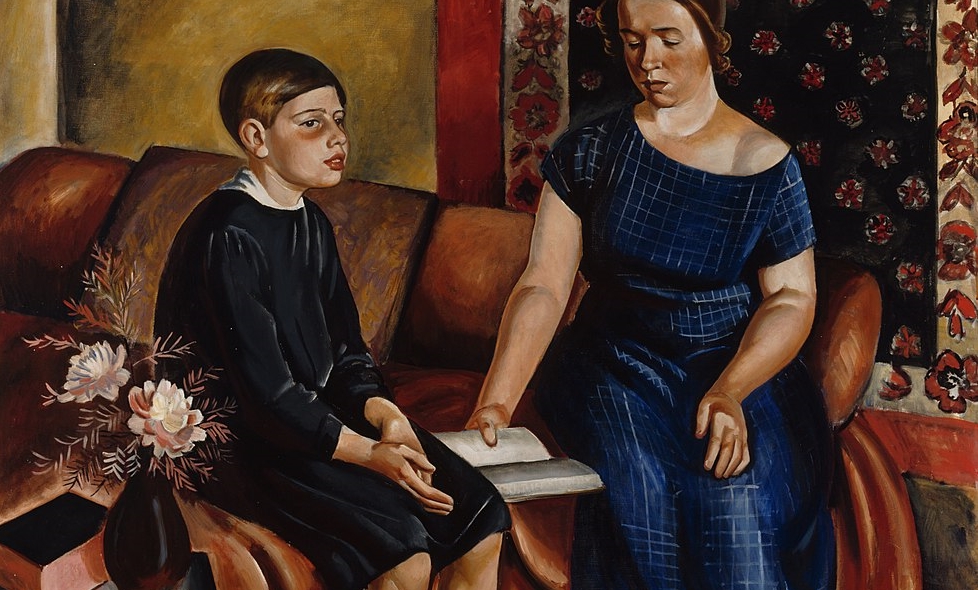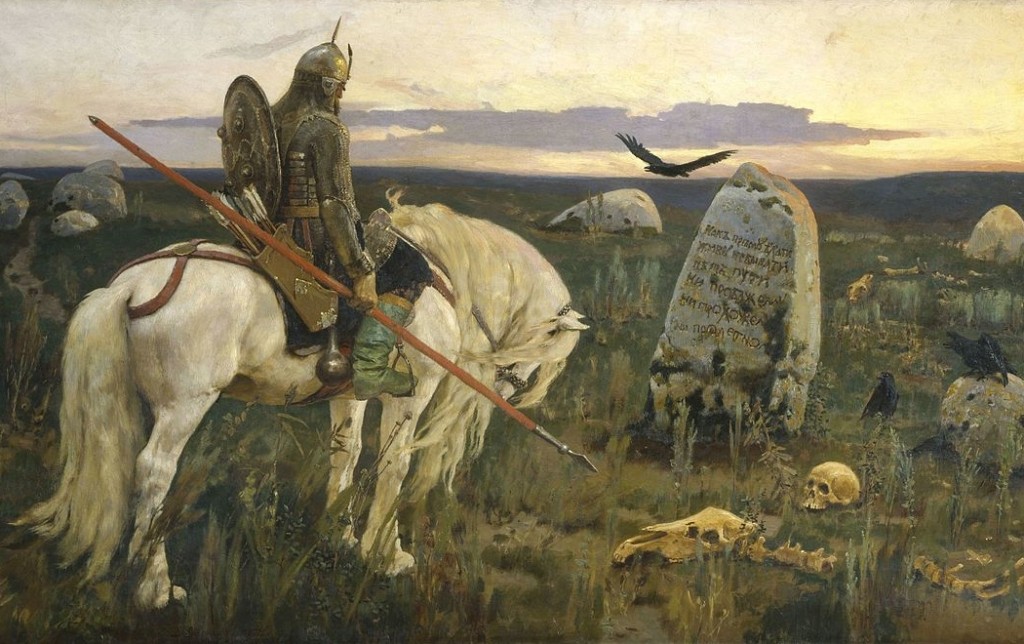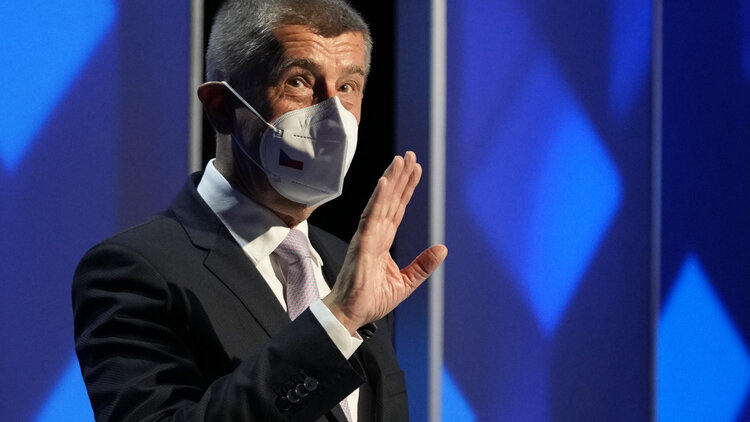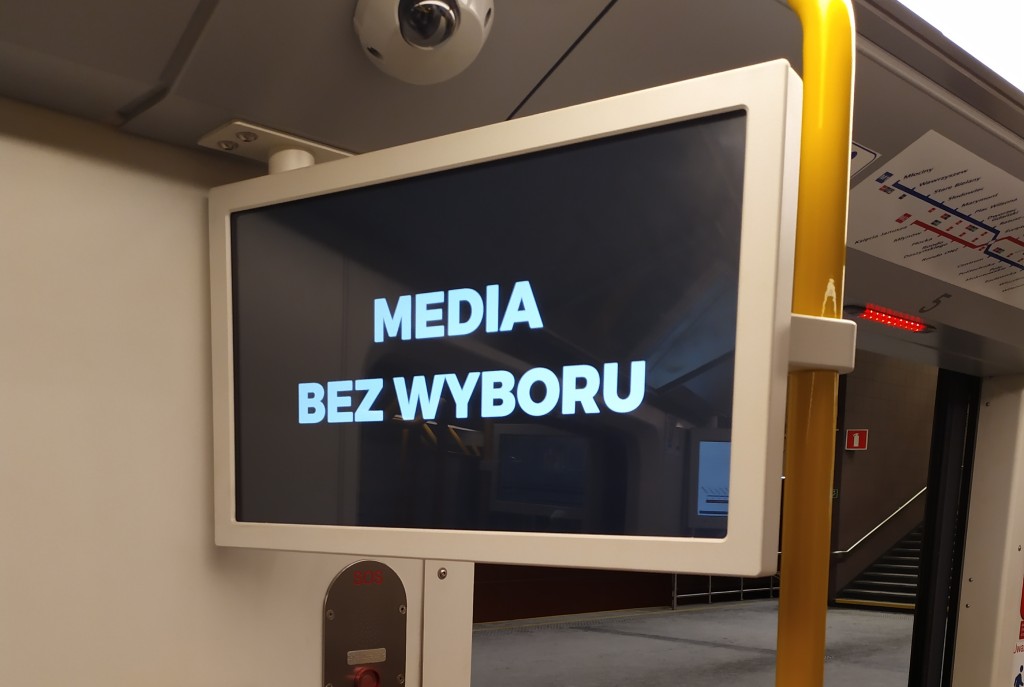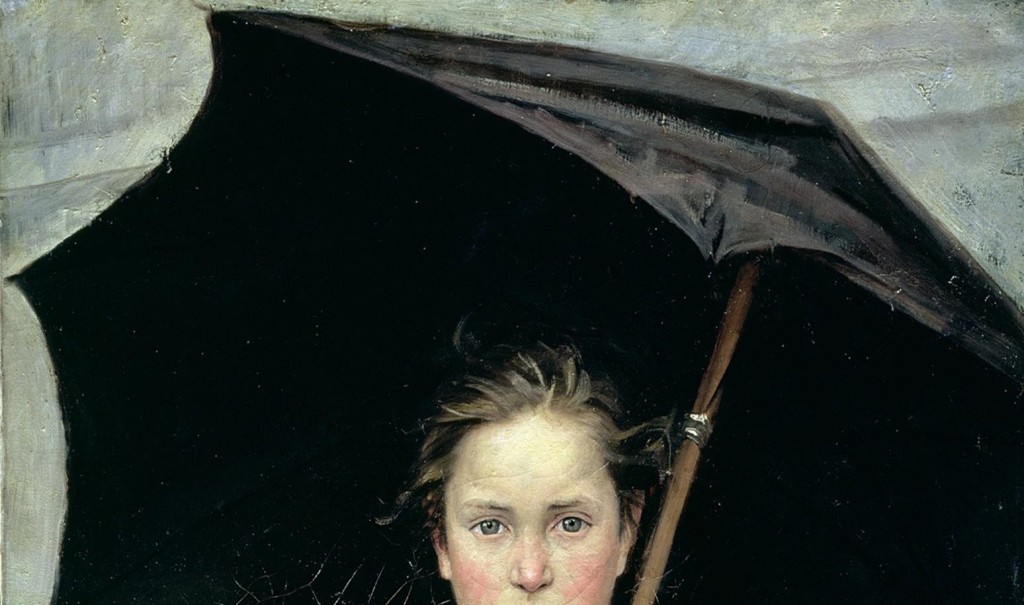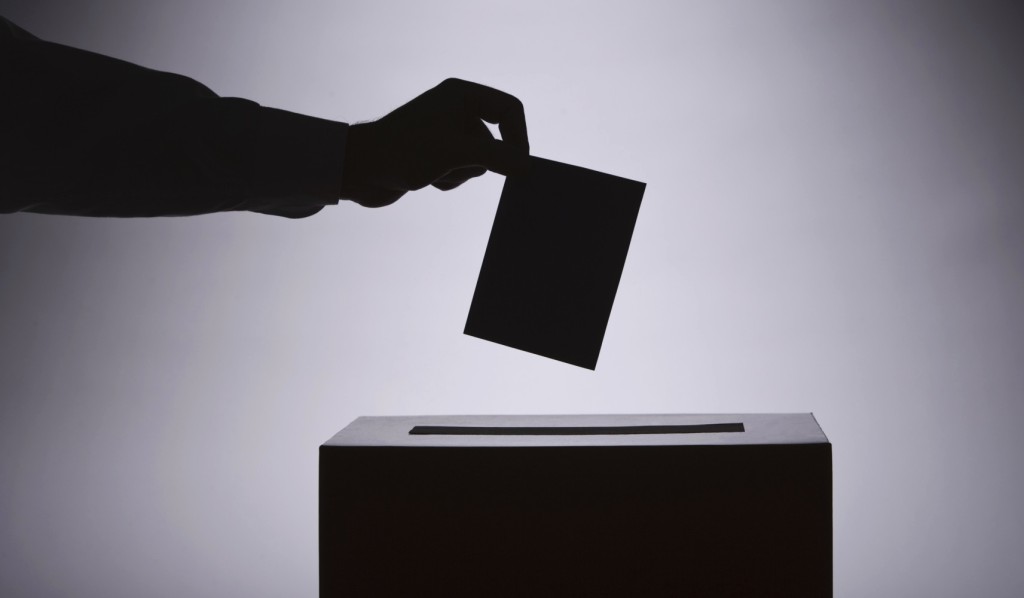
Model Country Estonia
Estonia has witnessed several changes of government in the last few years. In July 18, there has been another one. However, Estonia\'s success story as the most economically and technologically developed country in transition has not stopped yet. The previous Prime Minister, Kaja Kallas, has now retaken his position as the new Prime Minister, thus ensuring that his country manages well under transition.




